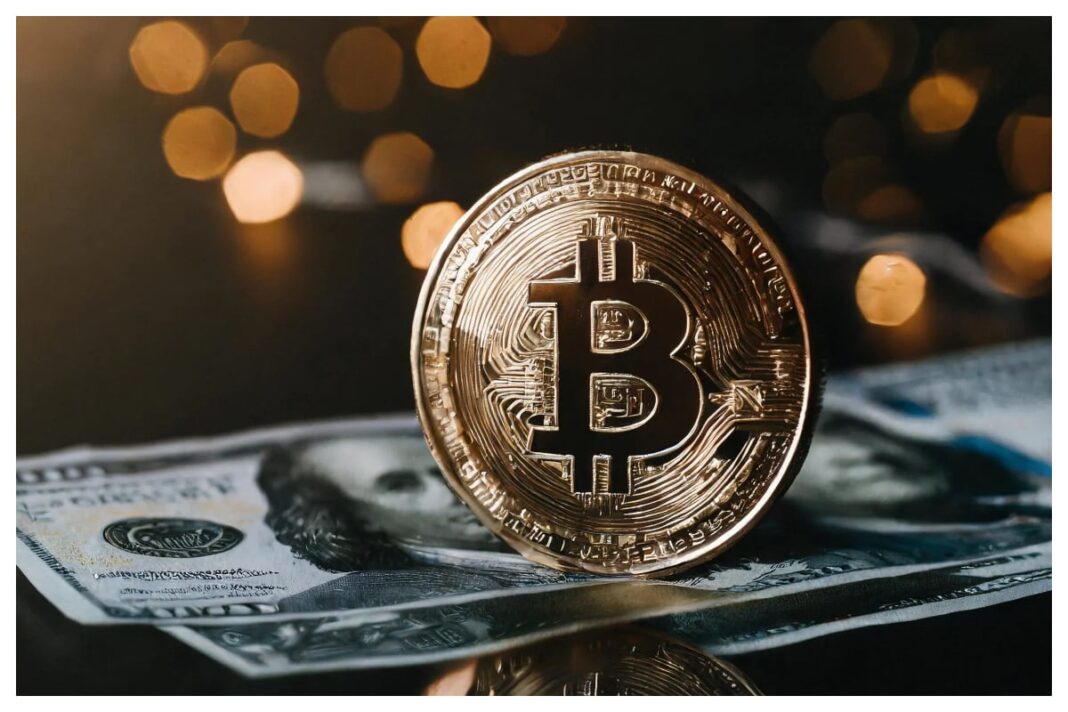Market Pulse
In a significant move bridging traditional finance with cutting-edge blockchain technology, SBI Ripple Asia, a joint venture between Japanese financial services giant SBI Holdings and blockchain payments company Ripple, has announced a major expansion of its use of the XRP Ledger (XRPL). This initiative focuses specifically on tokenized payments within the burgeoning tourism and commerce sectors, signaling a new chapter for real-world asset utility and institutional adoption of blockchain beyond traditional remittances.
Unlocking New Horizons in Payments
The core of SBI Ripple Asia’s expanded strategy revolves around leveraging the XRP Ledger’s inherent capabilities to create more efficient, secure, and transparent payment systems for industries often plagued by slow and costly cross-border transactions. By tokenizing tourism and commerce payments, the venture aims to streamline processes ranging from hotel bookings and flight purchases to retail transactions and loyalty programs. This direct application of blockchain technology promises to reduce intermediaries, lower fees, and accelerate settlement times, offering substantial benefits to both businesses and consumers.
- Streamlined Transactions: Enables instant settlement for various tourism-related services, from booking accommodations to purchasing local experiences.
- Reduced Costs: Minimizes foreign exchange fees and intermediary charges for international travelers and businesses.
- Enhanced Transparency: Provides a clear, immutable record of all transactions on the public ledger.
- New Loyalty Mechanisms: Facilitates the creation of tokenized loyalty points that can be easily redeemed or traded.
The XRP Ledger’s Strategic Advantage
The choice of the XRP Ledger by SBI Ripple Asia is strategic, underscoring its design for high-throughput, low-cost transactions. The XRPL’s distinctive features make it particularly suitable for the demands of the tourism and commerce industries, which require speed and efficiency at scale. Its decentralized exchange (DEX) capabilities also allow for seamless conversion between various tokenized assets and fiat currencies, crucial for an ecosystem where multiple digital and traditional payment forms coexist. This focus on practical, high-volume use cases positions the XRPL as a key player in the evolving landscape of enterprise blockchain solutions.
Impact on Global Commerce and Tourism
The implications of this expansion extend far beyond Japan. As a prominent financial institution with global reach, SBI’s successful implementation of tokenized payments could set a precedent for other regions and industries. Imagine travelers effortlessly paying for services abroad using tokenized local currencies or businesses receiving instant, low-cost payments from international customers. This initiative could catalyze a broader shift towards digital asset-powered economies, particularly in sectors reliant on efficient cross-border financial flows. It underscores a growing confidence among established players in the disruptive potential of blockchain for tangible economic benefits.
Addressing Challenges and Future Outlook
While the prospects are promising, challenges remain. Regulatory clarity across different jurisdictions for tokenized assets and payments is still evolving, and widespread merchant adoption requires significant infrastructure development and user education. However, SBI Ripple Asia’s commitment highlights a proactive approach to overcoming these hurdles, emphasizing collaboration with industry stakeholders and regulators. This strategic expansion represents a forward-looking vision for how blockchain can fundamentally transform traditional industries, moving beyond speculative trading to deliver concrete operational efficiencies and new economic opportunities in the real world.
Conclusion
SBI Ripple Asia’s decision to deepen its integration of the XRP Ledger for tokenized tourism and commerce payments marks a pivotal moment for the practical application of blockchain technology. It demonstrates a clear pathway for traditional financial institutions to leverage digital assets for real-world utility, promising a future where international transactions are faster, cheaper, and more accessible. As of {current_date}, this development not only validates the XRPL’s capabilities but also signals a growing mainstream acceptance of tokenized economies within critical global industries.
Pros (Bullish Points)
- Demonstrates significant real-world utility and enterprise adoption for the XRP Ledger beyond traditional remittances.
- Potential to drive increased demand and value proposition for XRP as the underlying asset for these tokenized payment systems.
Cons (Bearish Points)
- Regulatory complexities surrounding tokenized assets and cross-border payments could slow down widespread implementation.
- Competition from other blockchain solutions and traditional payment networks remains a challenge for market dominance.
Frequently Asked Questions
What is SBI Ripple Asia?
SBI Ripple Asia is a joint venture between SBI Holdings, a major Japanese financial services group, and Ripple, a blockchain technology company, focused on leveraging blockchain for financial services.
How will the XRP Ledger be used in tourism and commerce?
The XRP Ledger will facilitate tokenized payments, enabling faster, cheaper, and more transparent transactions for things like hotel bookings, flights, retail purchases, and loyalty programs across borders.
What is the significance of 'tokenized payments'?
Tokenized payments involve converting traditional assets or value into digital tokens on a blockchain, allowing for instant, immutable, and programmable transactions without traditional intermediaries.



